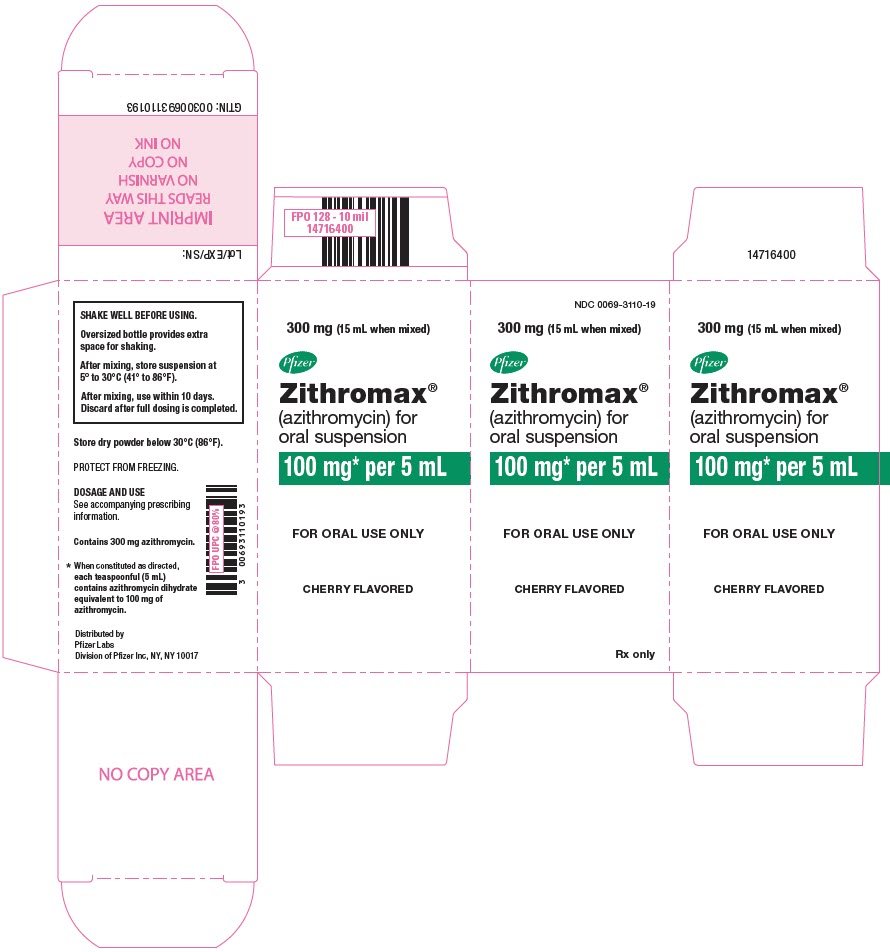For those seeking antibiotic treatment without a prescription, Zithromax stands out due to its wide-ranging applicability, particularly for bacterial infections. This medication, known generically as azithromycin, can provide relief from various conditions like respiratory infections, skin infections, and certain sexually transmitted infections.
Before considering Zithromax without a prescription, it’s crucial to understand its specific uses and potential risks. Consulting with a healthcare professional, even informally, can help determine if this medication aligns with your health needs. Self-diagnosing and self-medicating poses significant risks and can lead to ineffective treatment or drug resistance.
When using Zithromax, follow dosage instructions carefully to achieve the best results while minimizing side effects. Common dosages typically range from 250 mg to 500 mg, depending on the infection type and severity. Completing the entire course, even if symptoms improve, prevents the bacteria from surviving and evolving.
Also, consider the importance of monitoring for side effects, such as gastrointestinal discomfort or allergic reactions. If any unusual symptoms occur, discontinue use and seek medical advice. Knowledge and caution will make your experience with Zithromax safer and more effective.
No Prescription Zithromax: A Comprehensive Guide
Purchasing Zithromax without a prescription involves specific considerations. First, check local regulations, as laws vary by region regarding prescription medications.
Here are some practical steps:
- Consult a Healthcare Professional: Even if a prescription is not required, discussing symptoms with a doctor ensures safe use.
- Research Reliable Sources: Look for reputable online pharmacies. Verify their licensing and customer reviews to ensure legitimacy.
- Review Dosage Information: Understand the recommended dosage for your specific condition. Common prescriptions for Zithromax include 250 mg or 500 mg depending on the illness.
- Monitor Side Effects: Familiarize yourself with potential side effects such as nausea, diarrhea, and abdominal pain. Report any severe reactions immediately.
- Avoid Mixing Medications: Check for drug interactions with other medications you may be taking to prevent adverse effects.
- Keep Records: Maintain a log of your health status and any medications taken to discuss with healthcare providers in the future.
Always prioritize safety over convenience. Ensuring proper education about Zithromax can lead to better health outcomes.
Understanding Zithromax and Its Uses
Zithromax, known generically as azithromycin, is an antibiotic that effectively treats various bacterial infections. It works by inhibiting the growth of bacteria, making it a go-to option for conditions such as respiratory infections, skin infections, and certain sexually transmitted diseases. Medical professionals often prescribe it for illnesses like bronchitis, pneumonia, and otitis media (ear infections).
Common Uses of Zithromax
This medication is commonly employed for treating infections like strep throat and sinusitis. It’s particularly beneficial for patients who may have allergies to penicillin, as it offers a suitable alternative. Zithromax also plays a role in treating atypical pneumonia caused by Mycoplasma pneumoniae or Chlamydia pneumoniae. For patients with chronic obstructive pulmonary disease (COPD), it can help manage exacerbations caused by bacterial infections.
How to Use Zithromax
Patients typically take Zithromax in the form of tablets, liquid suspension, or injections, depending on the severity of the infection. Following the prescribed dosage is crucial, as taking it too infrequently can reduce its effectiveness. It’s advisable to complete the entire course, even if symptoms improve before finishing the medication. Stopping early can lead to antibiotic resistance, making future infections harder to treat.
Risks and Considerations of Obtaining Zithromax Without a Prescription
Obtaining Zithromax without a prescription exposes individuals to several health risks. Self-diagnosing and treating can lead to inappropriate use, increasing the chance of adverse reactions or ineffective treatment. Misuse of antibiotics contributes to antibiotic resistance, complicating future health issues.
The absence of professional guidance may result in serious side effects. Zithromax can interact with other medications, leading to harmful reactions that a healthcare provider would typically identify. Utilizing Zithromax without medical supervision bypasses the critical assessment of your medical history.
Buying Zithromax from non-reputable sources raises concerns about authenticity. Counterfeit medications may lack the active ingredient or include harmful substances, putting your health at risk. It’s challenging to verify the safety and efficacy of drugs purchased from unregulated vendors.
If you suspect an infection that requires Zithromax, seek a healthcare provider’s advice. A professional can prescribe the correct medication and dosage while monitoring your progress, ensuring the treatment is both safe and appropriate. Prioritizing your health by consulting an expert can prevent complications associated with improper use of antibiotics.
Alternatives to Purchasing Zithromax Without a Prescription
Consider natural remedies that may address similar ailments. For respiratory infections, options like honey, ginger, and garlic have antibacterial properties. Look into herbal supplements such as echinacea and oregano oil, which some believe boost the immune system.
Consult a local healthcare provider or pharmacist for advice tailored to your situation. They can recommend over-the-counter antibiotics if appropriate for your condition. Understanding the specific symptoms you experience can lead to better alternatives.
Some individuals explore telehealth services. These platforms allow you to consult healthcare professionals remotely and may facilitate prescriptions when warranted. Research reputable services that align with your health needs.
If you struggle with a genital or urinary tract infection, consider discussing options with a healthcare professional. Many over-the-counter solutions exist for symptom relief. Your doctor can suggest appropriate treatments based on your symptoms.
When seeking to manage conditions commonly treated with Zithromax, lifestyle modifications can support recovery. Focus on maintaining hydration, a balanced diet, and adequate rest. These practices enhance your body’s natural defenses.










